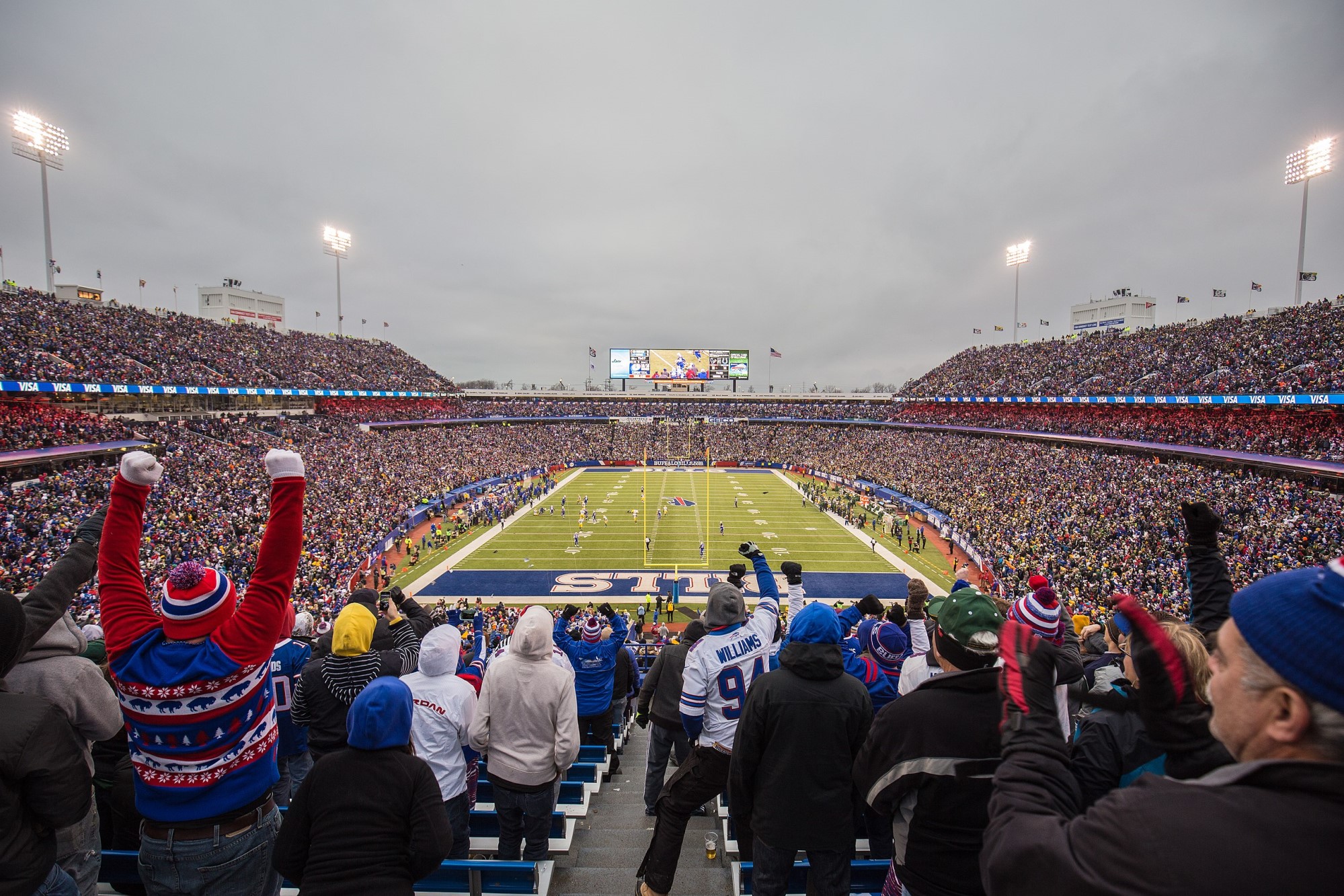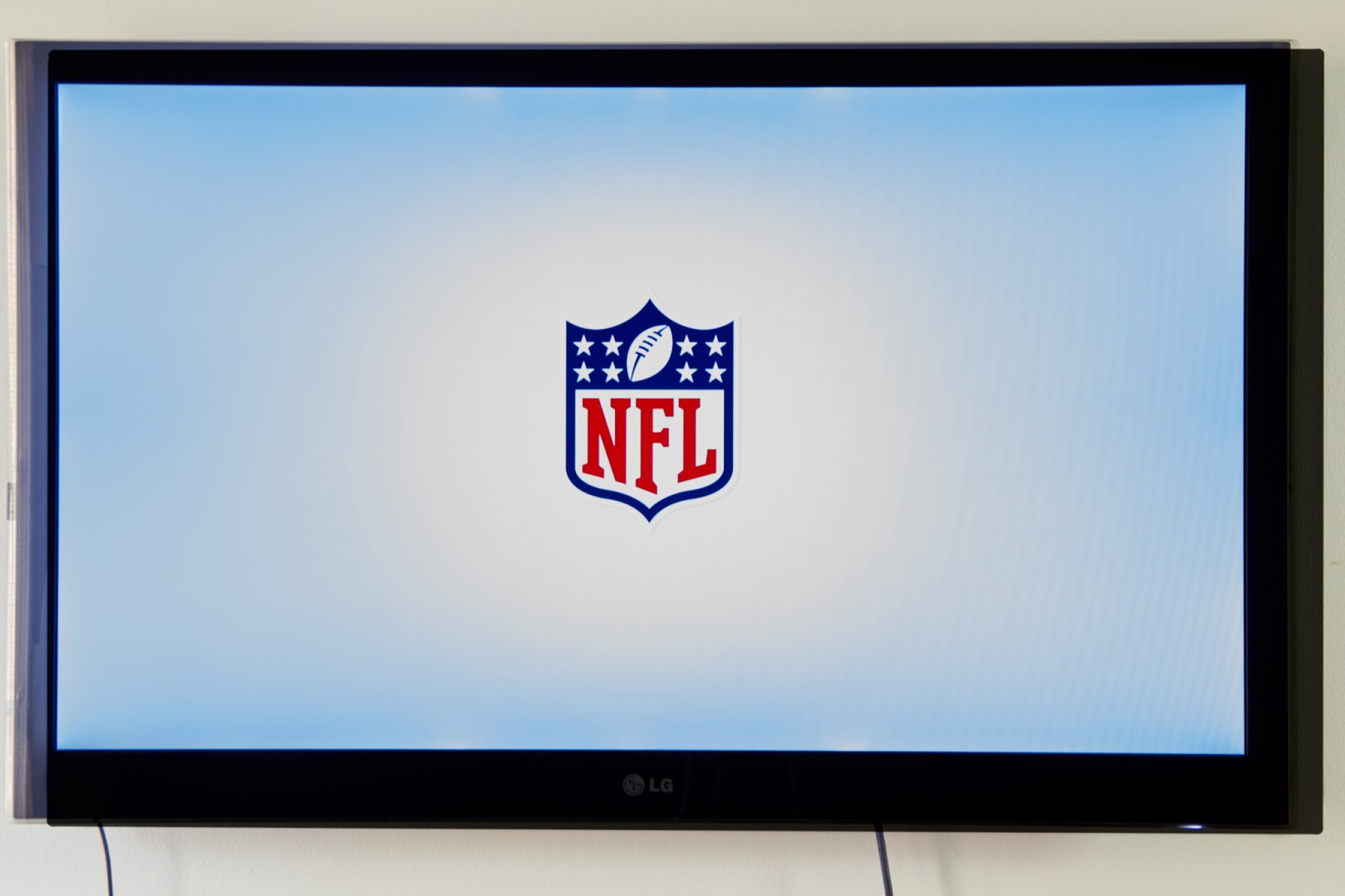The NFL’s Concussion Controversy
The NFL has definitely taken some hard knocks lately. One of these issues that the League has struggled with over the last decade is controversy over the brain damage that can be caused by repeated concussions. Studies tend to show that repeated concussions (and sometimes repeated sub-concussive blows to the head) can potentially result in many unpleasant side effects later on down the road, like cognitive/functional impairment, irritability, confusion, nausea, headaches, memory loss, unusual or violent behavior and dizzy spells. Additionally, they increase the chances of neuro-degenerative disease (e.g. Alzheimer’s, CTE, ALS (Lou Gehrig’s Disease) later in life, along with numerous case studies of former professional athletes and recent research showing a possible correlation between concussions and higher rates of depression and suicide. Recently, a federal judge finally signed off on a settlement between the NFL and a number of retired players in a class-action lawsuit. The lawsuit was filed in 2011, and over 4,500 former players are involved, including stars like Tony Dorsett and Jim McMahon.
The settlement could cost the NFL up to one billion dollars over the next 65 years or so. It mandates that players suffering early-onset of any of these diseases linked to concussions be given compensation, and that testing and subsequent medical care (where applicable) be covered by the NFL. It doesn’t cover potential functional damage, miscellaneous symptoms (memory loss, headaches, uncharacteristic behavior), increased risk of suicide and depression, or anything but that handful of diseases. The payouts for affected athletes are on a sliding scale based on the age of the player (a 40 year old with Alzheimer’s will receive more then an 80 year old), and this coverage will be available to any retired NFL player, not just those who sued the league.
The major issue at hand is how much the NFL actually knew about the dangers of head injuries. As you can see from this helpful timeline, for years the NFL denied and undermined links between concussions and degenerative brain damage later in life. Whether they did this honestly, or in an effort to cover themselves is uncertain. The players litigating contend that the NFL had reason to believe that there could be a connection, and that this denial was done out of self-preservation and without any concern for the well-being of the players. For their part, the NFL counters that this wasn’t the case, and they really didn’t know. Since then, the NFL states that they have made more of an effort to inform players of the dangers, and are trying to change the culture of “just toughing out” what is now known to be a serious, potentially life-altering injury.
Is the NFL to blame for the diminished quality of life for retired players? Since the athletes voluntarily chose to play, sometimes try to hide concussions and other injuries, and get paid a significant amount of money, do they really have valid grounds on which to sue? If one, both, or neither party were aware of the long-term impacts of concussions, would that change the responsibility of the players or the league for the current situation? Is the settlement enough, or does it not go nearly as far as it should?




